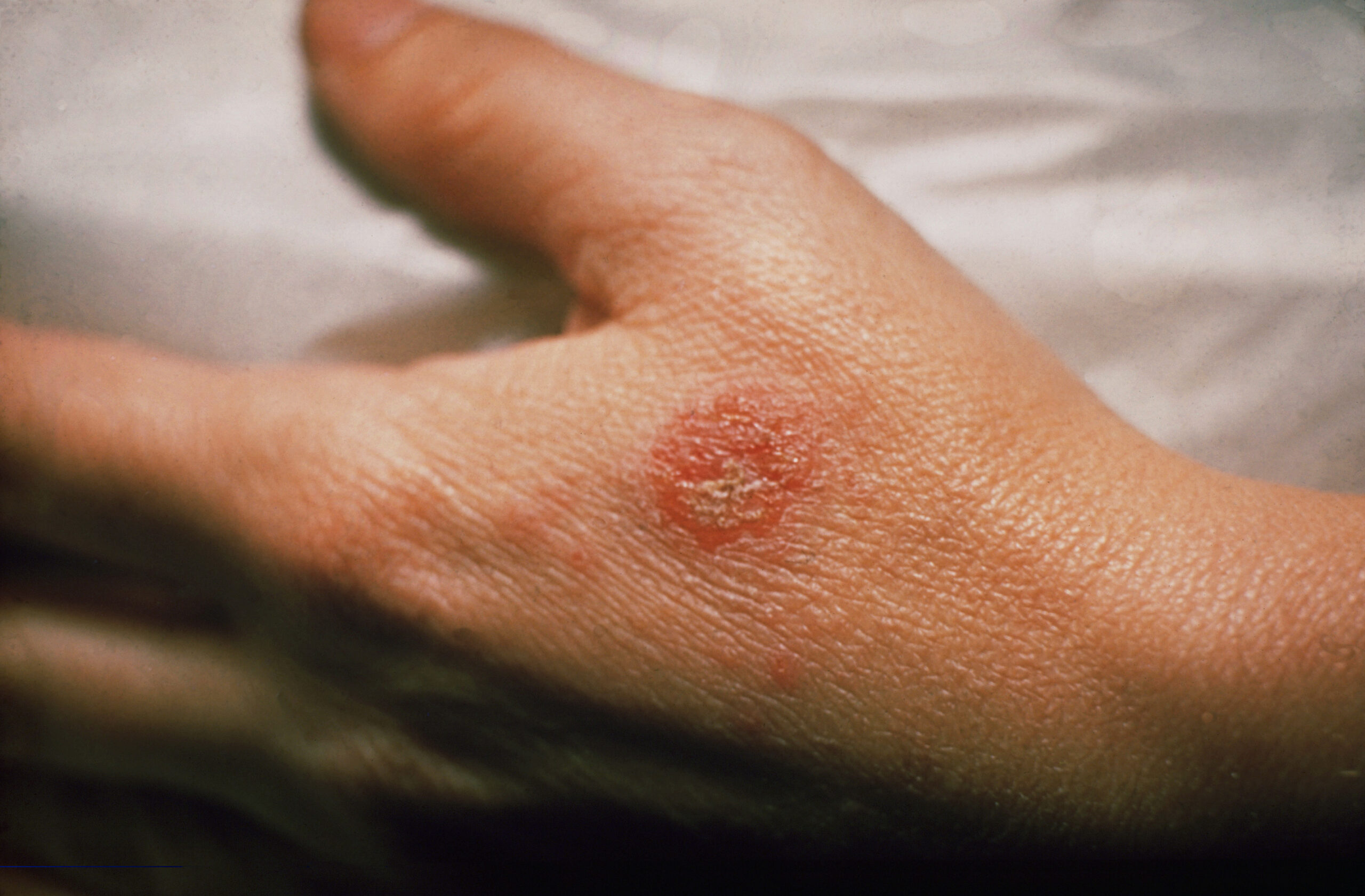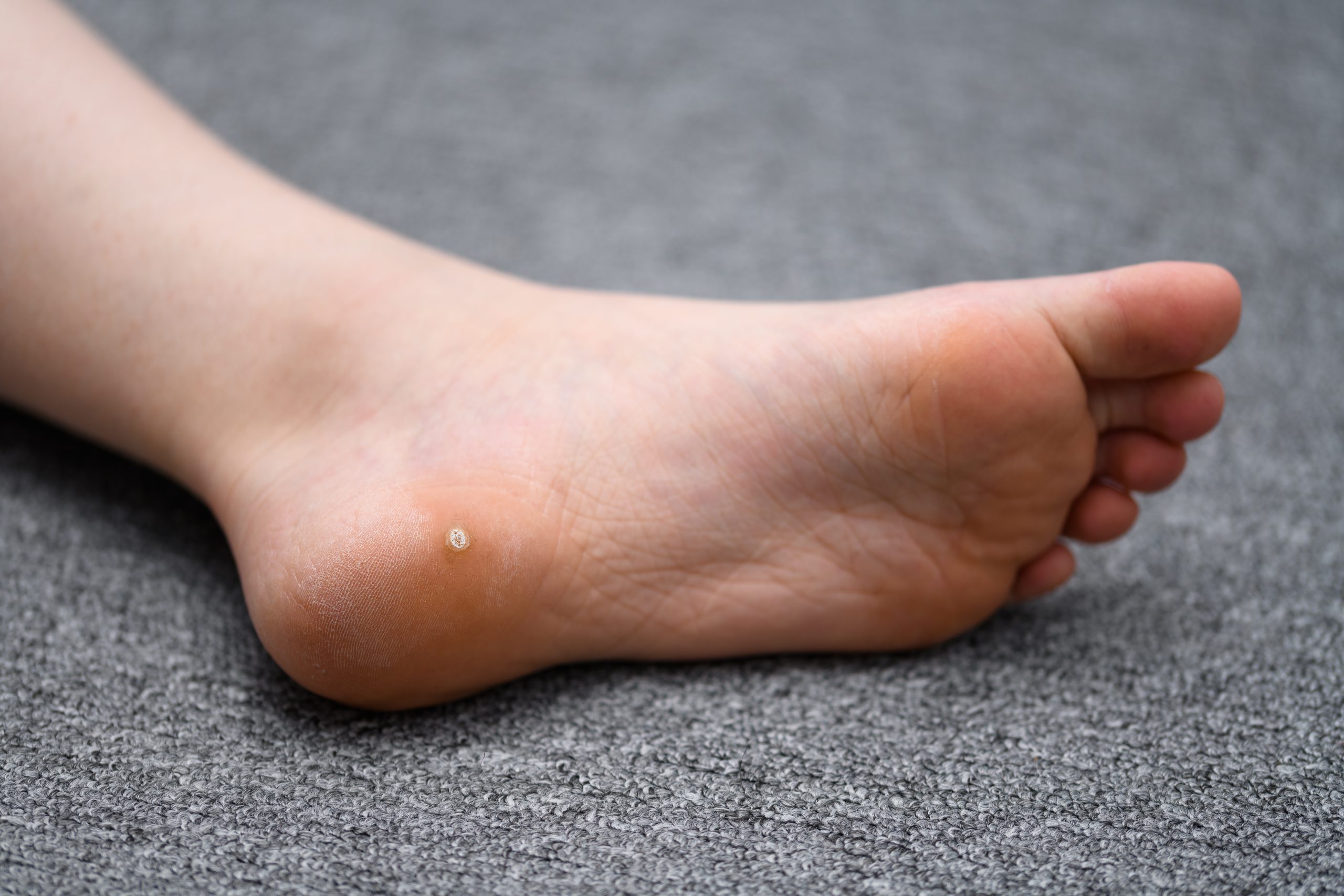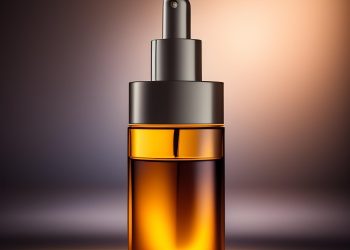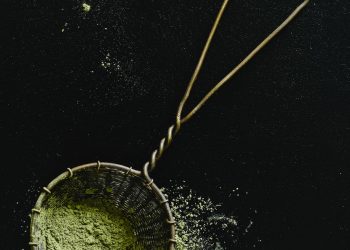Eczema affects up to 30 percent of the American population [1].
The skin condition is characterized by inflammation in the skin’s outer layer or epidermis [1].
The origin of the term “eczema” is from the Greek word “ekzein,” which means “to boil out” [1].
You can identify eczema by skin redness, swelling, itching, crusting, and scaling [1].
It is also often accompanied by other health conditions of an allergic nature, including asthma, allergies, and hay fever.
There are many natural remedies that you can use to soothe the symptoms of this condition.
Dermatological research and personal experience of many eczema victims support the effectiveness of apple cider vinegar as a potent home remedy for eczema.
Here in this article, we will review apple cider vinegar’s efficacy and popular uses for eczema treatment. You’ll also learn the causes, types, and symptoms of eczema.
Is Apple Cider Vinegar Good for Eczema Cure?
Apple cider vinegar comes from crushing apples. First, manufacturers ferment it with yeasts and sugars. Then, they combine it with bacteria to turn it into acetic acid [6].
It has vitamin B complex, C, calcium, iron, magnesium, potassium, and sodium [6].
It also contains pectin and some beneficial chemicals such as acetic acid and citric acid [6]. There are several ways by which apple cider vinegar can relieve eczema, and these include:
- It stimulates the body’s immune response to promote the healing of skin lesions.
- Its beta-carotene promotes the renewal and re-growth of skin cells.
- It aids in the detoxification of the system, which helps ease eczema.
- It helps maintain the proper pH balance of the skin.
- It reduces inflammation [10, 11].
- It fights bacterial infection [12, 13, 14].
- It moisturizes the skin and soothes itchiness.
Apple cider vinegar effectively reduces inflammation in animal subjects [10].
Several studies highlighted its ability to combat bacterial infections [12, 13, 14].
Read More: How Effective is Apple Cider Vinegar for Ringworm Treatment? 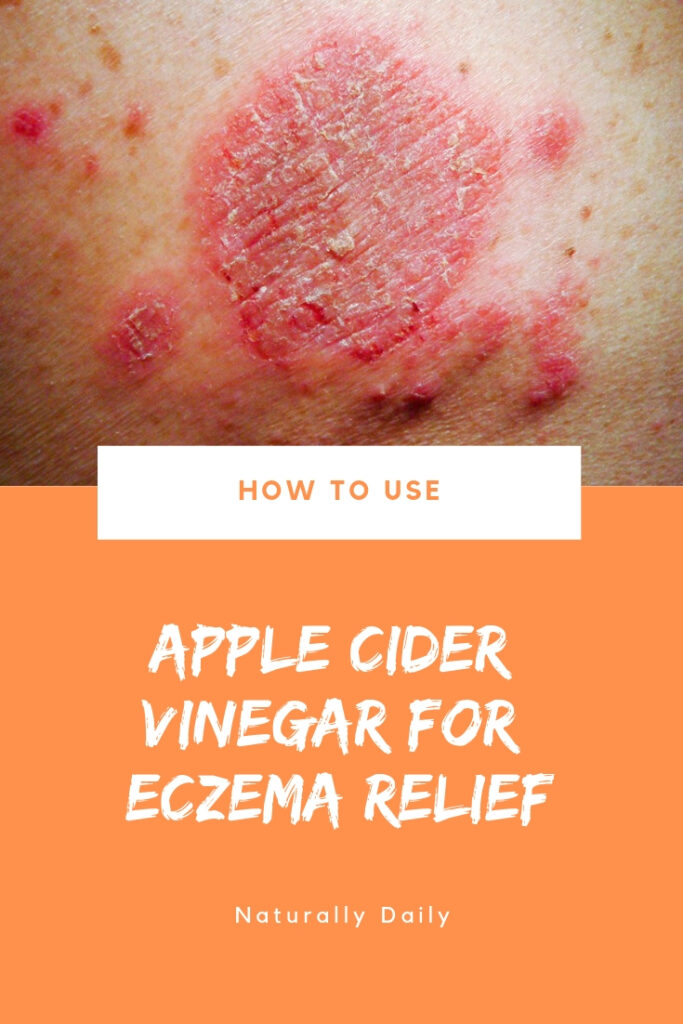
6 Ways to Use ACV for Eczema Cure
Consider these remedies to treat eczema with ACV and other natural ingredients.
1. Using Apple Cider Vinegar and Water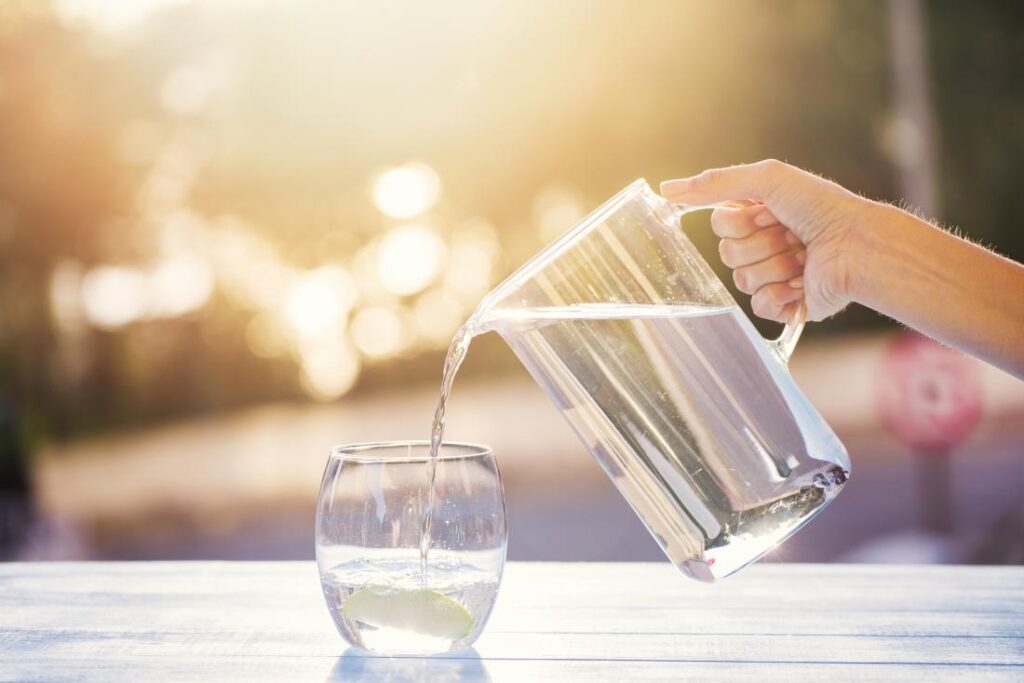
It’s best to dilute apple cider vinegar in water before applying it to the skin, so it does not irritate.
Simple use of diluted ACV for eczema:
Combine 1 cup of apple cider vinegar and 2 cups of water. Use a cotton ball to spread the mixture on affected areas of the skin. You can also put this mixture in a spray bottle and spray it on your skin. Do this twice a day for one week.
Read More: Apple Cider Vinegar for UTI Treatment: 10 Practical Ways
2. Make an Apple Cider Vinegar Bath for Eczema
A quick way to maximize the benefits of apple cider vinegar for the skin is by pouring it into your bath water.
A bath made of apple cider vinegar is beneficial and comforting for eczema.
Try this apple cider vinegar bath if you have eczema:
Pour 2 cups of raw apple cider vinegar into your bath water. Make sure it’s warm Swish with your fingers to mix. Soak in the bath for 30 minutes. Repeat the remedy daily until the condition gets better.
Read More: Apple Cider Vinegar for Weight Loss: 6 Tasty Ways to Try
3. Consume Apple Cider Vinegar Mixture
Consuming apple cider vinegar can also have anti-inflammatory effects on eczema-ridden skin.
A simple apple cider vinegar drink for eczema:
Pour 1 tbsp of apple cider vinegar into a glass of water. Add 1 tbsp of maple syrup to improve the taste. Mix well. Consume this mixture three times a day before each meal.
Read More: How to Use Apple Juice for Constipation Relief
4. Combine Apple Cider Vinegar and Honey
Honey keeps the skin moisturized, which is vital for those who suffer from eczema.
How to take ACV & honey to relieve eczema:
Add 1 tablespoon of honey and apple cider vinegar to a glass of warm water. Take this in the morning before eating your breakfast. Do this procedure once a day for one month.
Read More: 10+ Health Benefits of Honey (Backed by Science)
5. Apply ACV and Baking Soda for Eczema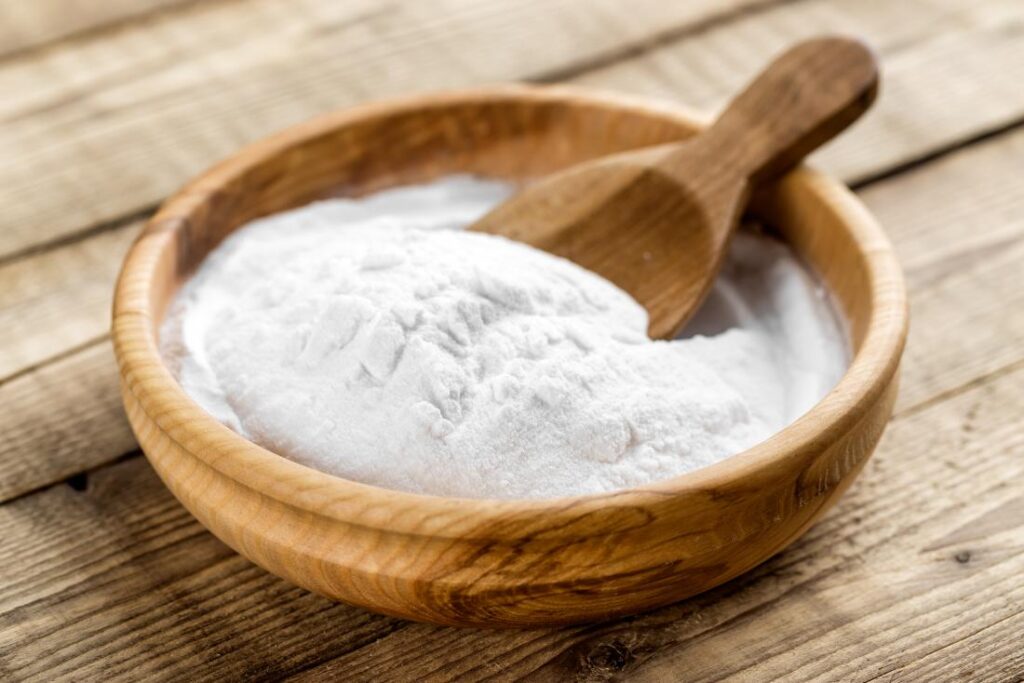
Baking soda reduces the skin’s acidity, which helps ton down eczema flare-ups.
How to use ACV & baking soda for eczema:
Combine 1 tsp of baking soda, 1 tablespoon apple cider vinegar, and a cup of water. Wait for the fizzing to stop. Then, apply it to the affected parts of the body daily. Repeat the process every day until the condition improves.
Read More: Baking Soda for Acne: 12 Easy Ways You Can Use
6. Apple Cider Vinegar Tea for Eczema Relief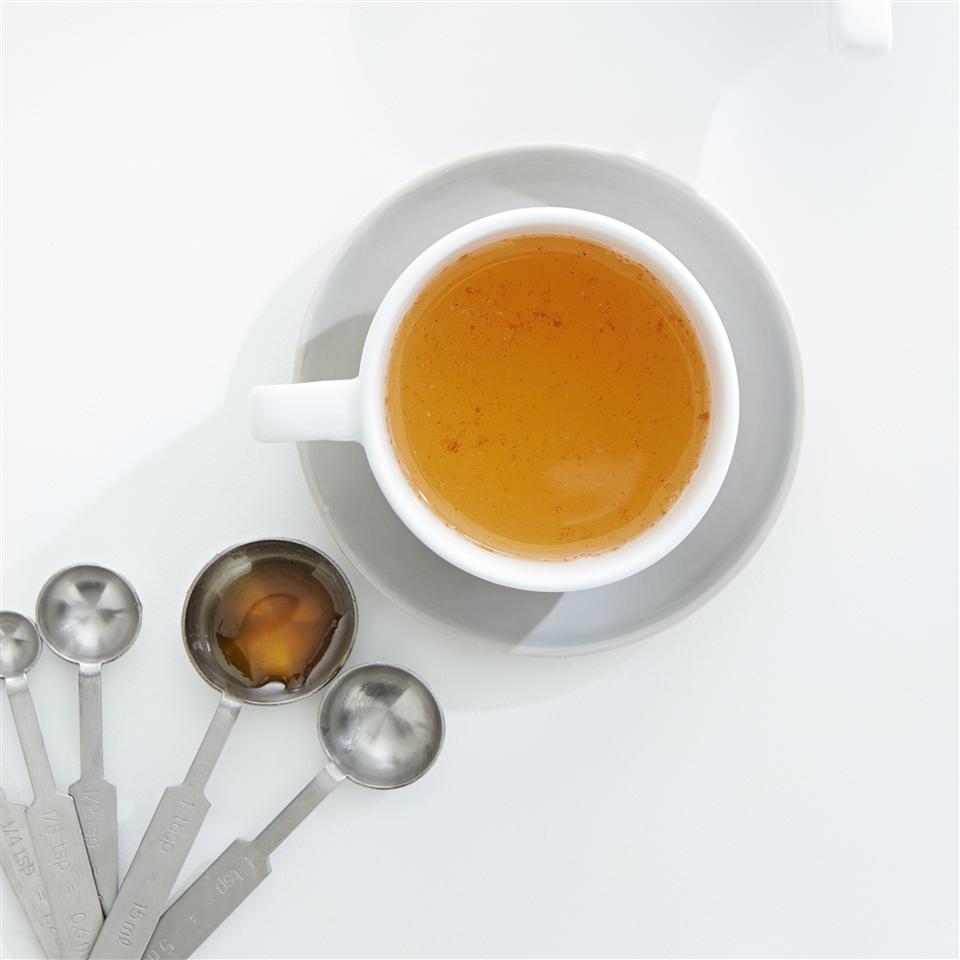
A tea made of apple cider vinegar might be all you need to treat your eczema. Let’s see how to prepare one.
How to make an apple cider vinegar tea for eczema:
Mix 2 tablespoons of apple cider vinegar and ¼ tsp of baking soda together in a cup. It is a fizzy mixture, and you’ll have to wait for the fizz to disappear.
Once that happens, add ½ cup of water and mix well. Next, add 1 tsp of tea powder and mix; your tea is ready to drink. It is better to drink tea in the morning.
Read More: Coconut Oil for Eczema: 6 Simple Ways to Try Now
Types of Eczema
There are different types of eczema, which include:
- Allergic contact eczema – The immune system may detect a foreign substance as harmful. This eczema occurs when the skin has an allergic reaction to this substance.
- Contact eczema – This one is a “localized reaction” in which a particular part of the skin flares up to an allergen.
- Dyshidrotic eczema – In this type of eczema, blisters appear on the skin of the hands and feet. The itchy blisters may develop pus or fluid inside them. Dyshidrotic eczema may last for 2 to 4 weeks. Apple cider vinegar for dyshidrotic eczema may be an adequate remedy.
- Neurodermatitis – Scaly patches cover the skin of the lower legs, forearms, wrists, and head.
- Nummular eczema – This condition creates circular patches on certain skin parts. These patches are usually scaly, itchy, and crusty.
- Seborrheic eczema – scaly and yellow patches appear on the scalp and face.
- Stasis dermatitis – This type of eczema occurs due to circulatory problems. It generally irritates the skin of the lower legs [1].
Causes of Eczema
Up to now, experts cannot determine the exact cause of eczema.
But, they believe that heredity and environmental factors can come into play [1].
If one or both of your parents have eczema, you will likely develop this problem later on [1].
When it comes to other factors, here are some of those that can trigger the onset of this condition:
- Irritants in skin care products, household cleaners, and food products
- Allergens such as pollen, dust mites, molds, and pet dander
- Bacteria, viruses, and fungi
- Extreme changes in weather
- Dairy products, eggs, soy products, and wheat
- High levels of stress
- Hormonal imbalances such as during pregnancy or menstruation
- A malfunction in the immune system [1, 2]
As for the signs and symptoms, there are the common indicators of eczema:
- Itching of the skin, which usually becomes worse at night
- Patches on the skin that appear on the hands, ankles, feet, chest, neck, elbows, knees, eyelids, face, and scalp
- Swollen bumps that leak with pus or crust
- Thick, dry, scaly skin
- Sensitive raw skin [3]
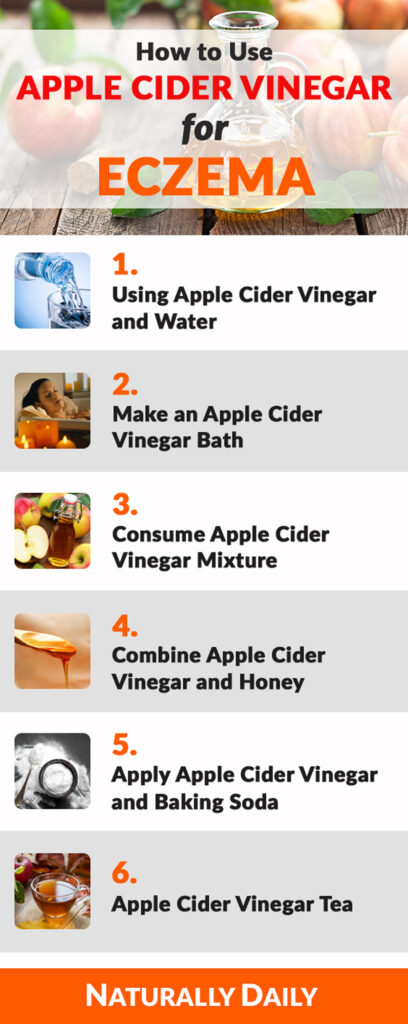
When to See a Doctor
It’s essential to see a doctor if you experience any of the following:
- Excessive pain and inflammation of the skin
- Difficulty in getting enough sleep
- Impairment of daily activities
- Skin infection
- Impairment of vision [4]
If there are so many yellowish to brown pus-filled blisters on your skin, it may be a bacterial infection. Immediately consult your doctor for proper medication.
If left untreated, eczema can lead to the following other complications:
- Asthma or hay fever
- Chronic itching and scaly skin
- Bacterial or viral skin infection
- Inflammation of the eyelid
- Irritant hand dermatitis
- Insomnia
- Anxiety and depression [5]
Read More: 14 Essential Oils For Eczema Cure & How to Use Them
Tips for Using Apple Cider Vinegar for Dermatitis
Heed these tips to make sure that you get the effects that you’re looking for.
- Always dilute apple cider vinegar before using it, especially on children. Using it in pure form can irritate the skin and cause a burning sensation.
- Try to look for raw and unfiltered apple cider vinegar for best results. Also, look for one that’s darker in color and has sediments on the bottom of the bottle.
- Do not consume apple cider vinegar if you have a peptic ulcer or chronic indigestion. You should also avoid it if you suffer from gastroesophageal reflux.
- Do not use this remedy if you are pregnant or if you are taking medications for diabetes.
- If you have any medical condition, consult your doctor before using ACV.
Read More: Apple Cider Vinegar for Hair: 20 Reasons Why & How to Use It
Other Benefits and Uses of Apple Cider Vinegar
Apple cider vinegar has been famous for treating the following health issues:
- A sore throat
- Leg cramps
- Viral infections
- Upset stomach
- High blood pressure
- Sinus infections
- Acne
- Sunburn
- Dandruff
- Vaginal infections due to fungi or bacteria
- Arthritis
- Shingles
- Insect bites [6]
Scientific research has proved some of these benefits.
For instance, a 2001 study proved its ability to reduce blood pressure levels [7].
An American study confirmed its inhibitory effects against several bacterial strains. These are Salmonella choleraesuis, Staphylococcus aureus, Pseudomonas aeruginosa, and Escherichia coli [8].
Researchers have also found apple cider vinegar helps weight loss by promoting faster fat reduction and calorie burning [9].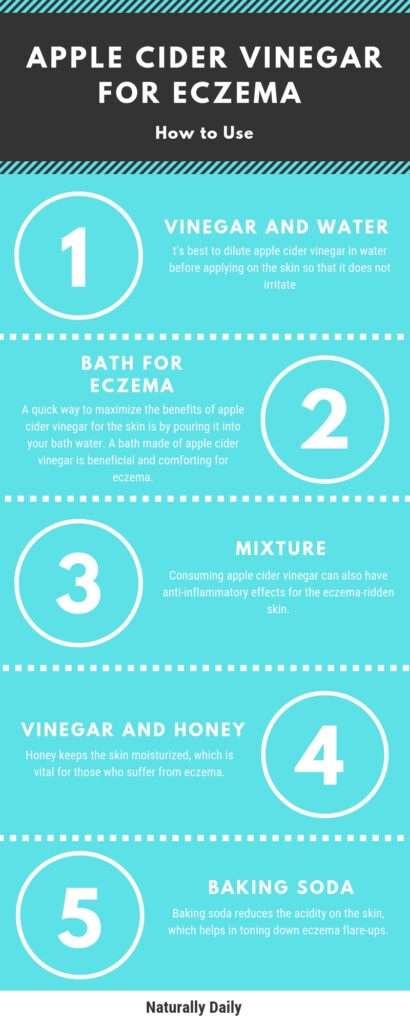
Read More: How to Use Apple Cider Vinegar for Acne Treatment
Bottom Line
There are many health benefits of apple cider vinegar.
It is a potent natural remedy for various skin disorders as well. ACV can moisturize the skin, balance the pH level, soothe irritations and itchiness and regenerate skin tissues.
Using apple cider vinegar is good for eczema relief because it can tone down the severity of the flare-ups and related symptoms.
Read Next: How to Get Rid of Eczema Fast: 22 Natural Home Remedies
